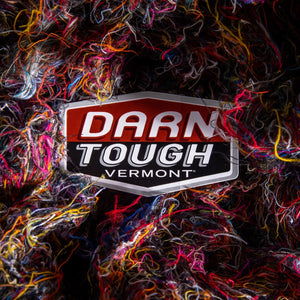Merino Wool
Naturally evolved over thousands of years, we choose Merino Wool for our socks because it’s wildly resilient and incredibly versatile. More often than not, it’s not wool you're allergic to, it’s the kind of wool you’re wearing. Merino Wool is soft and comfortable.





